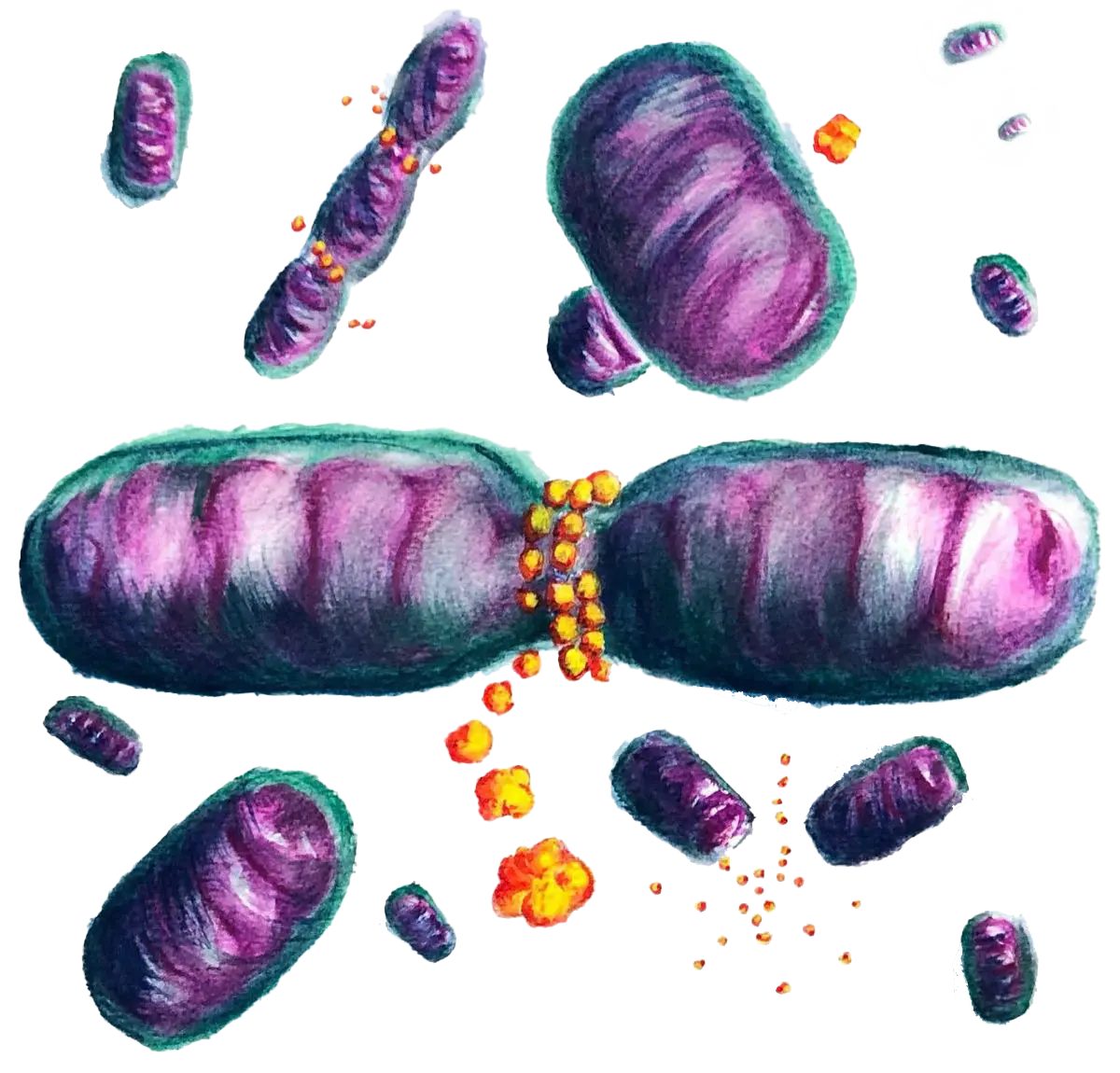
Synthetic Microbiology and Immunology
Leveraging state of the art methods in artificial intelligence, bioengineering, chemistry, and physics to engage unsolved problems in microbiology and immunology.
Our Mission
We are interested in multidisciplinary approaches to solving problems in biology and biomedicine, combining physics, chemistry, biology, and engineering. To solve these problems, we use a broad range of tools, including synchrotron x-ray scattering and spectroscopy, quantitative optical microscopy, microfluidic systems, machine learning and “big data” methods, x-ray and electron microscopy, and laser scanning confocal microscopy. The group is inherently interdisciplinary; our collaborators include not only bioengineers, but also medical doctors, biologists, physicists, chemists, and material scientists. Our current interests are in bacterial biofilms, immunity & antibiotic design, and fundamental science that enables new bioengineering opportunities.
Research Areas
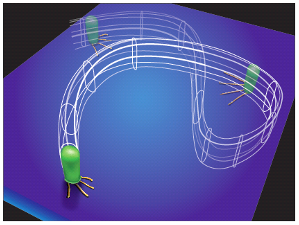
Synthetic Microbiology
'Social media for microbes': We track entire bacterial communities across dozens of generations at single cell resolution.
Learn More →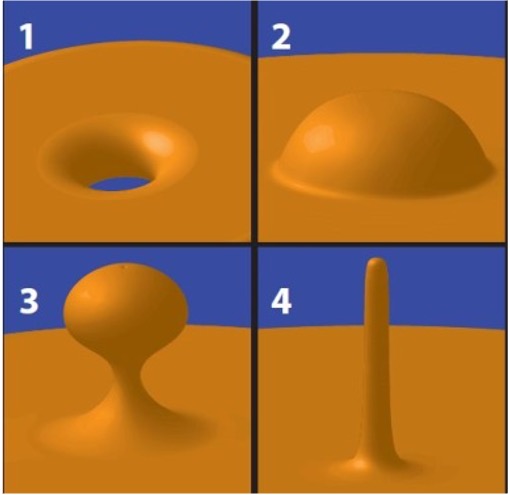
Innate Immune Peptides
Understanding innate immune peptide sequences using ideas from machine learning, geometry, and coordination chemistry.
Learn More →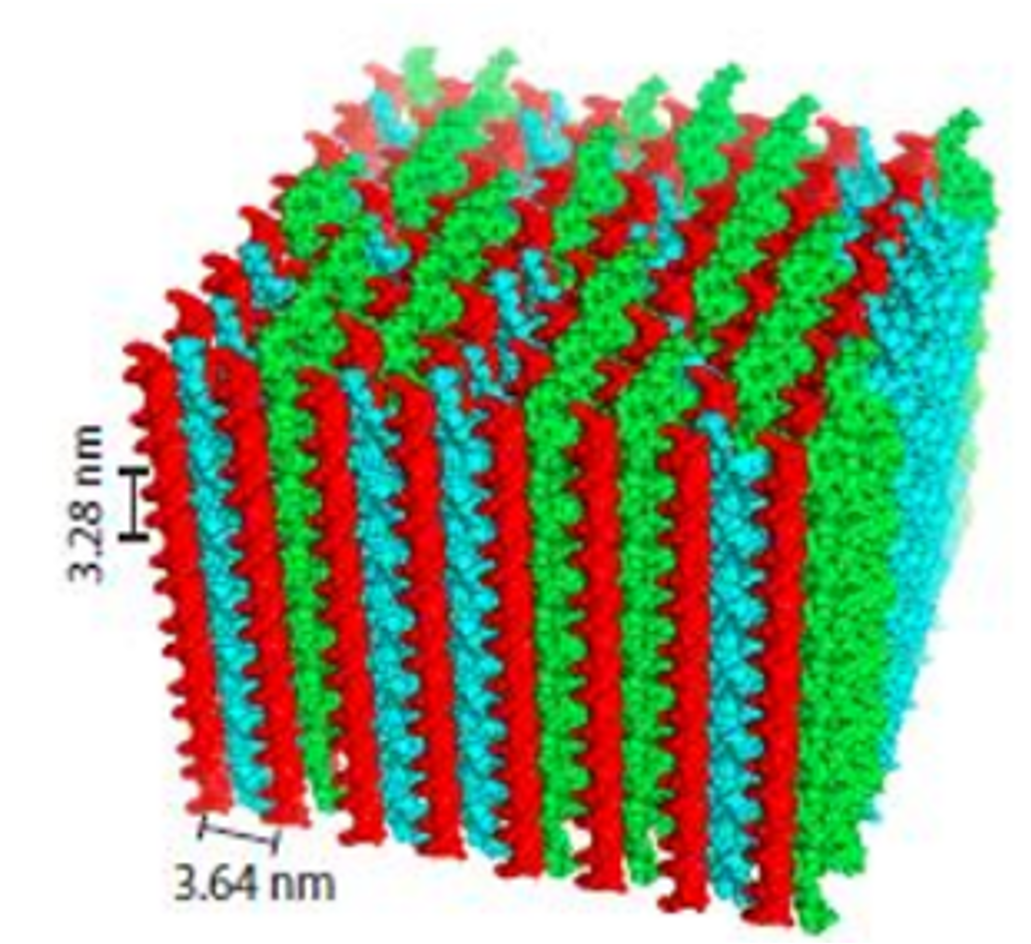
Synthetic Immunology
Programatically assembling supramolecular complexes with innate immune peptide chaperones for either pro- or anti-inflammatory responses.
Learn More →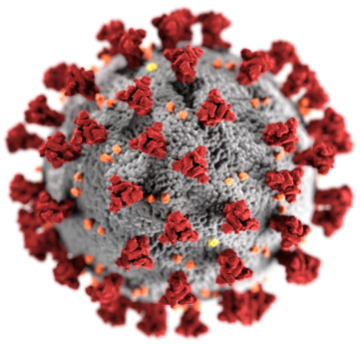
The Physical Immunology of COVID-19
Studying why the coronavirus responsible for COVID-19 is so hyperinfectious and hyperinflammatory from a physical perspective.
Learn More →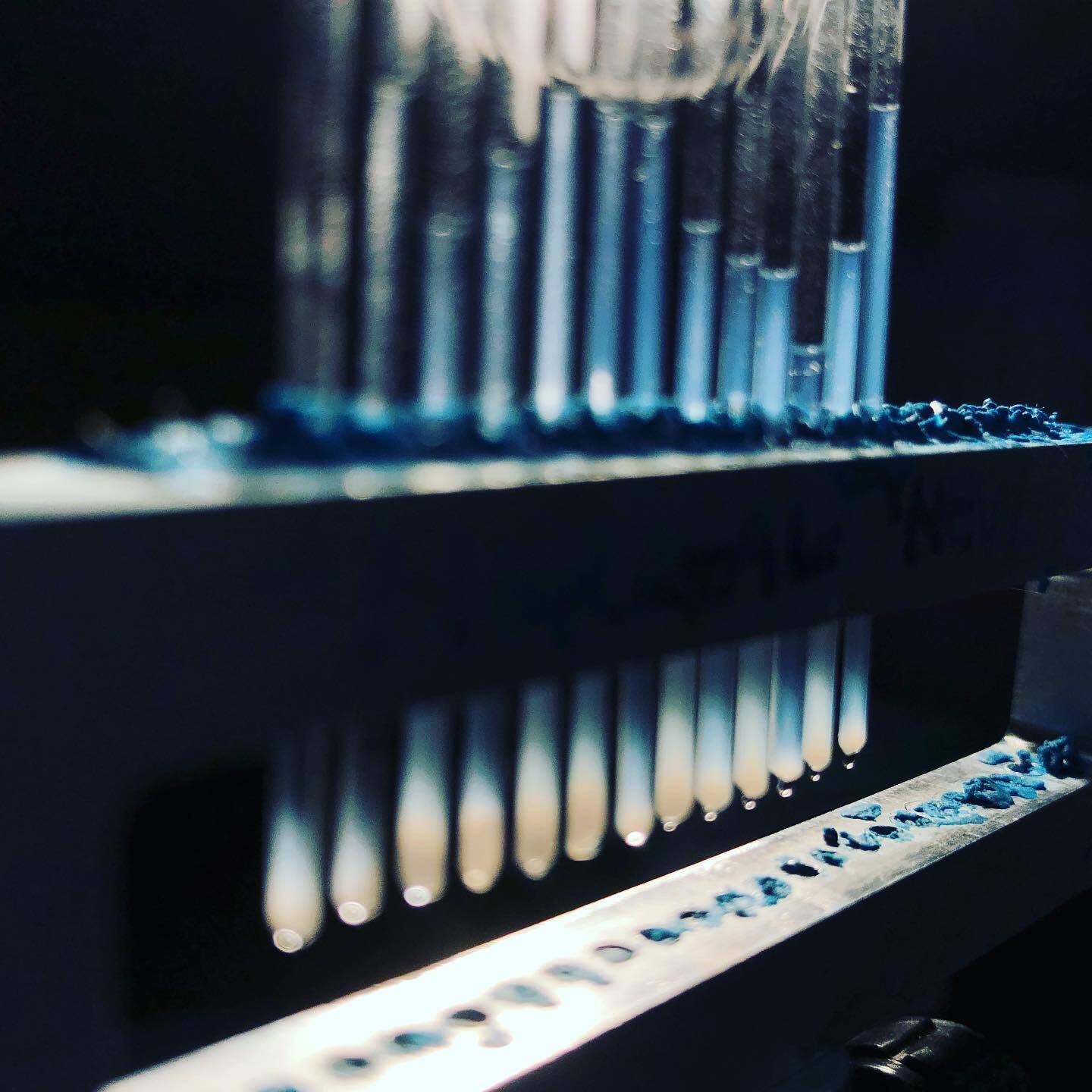
![[object Object]](/_next/static/media/vc-pili.07d50aa7.png)
![[object Object]](/_next/static/media/bacteria-trails.3196044d.png)
![[object Object]](/_next/static/media/bacteria-sprinkles.1c1fa55f.png)